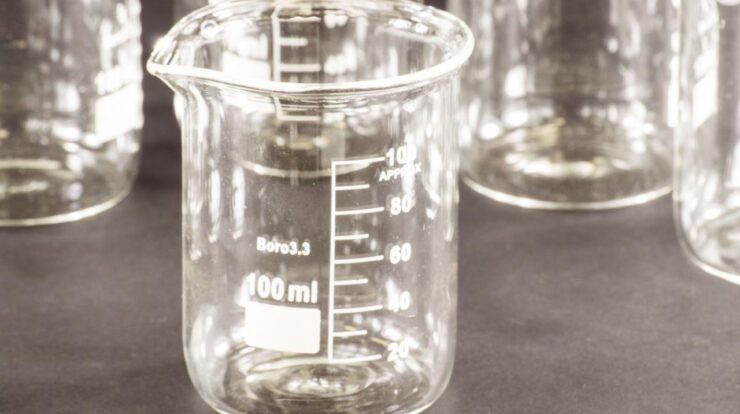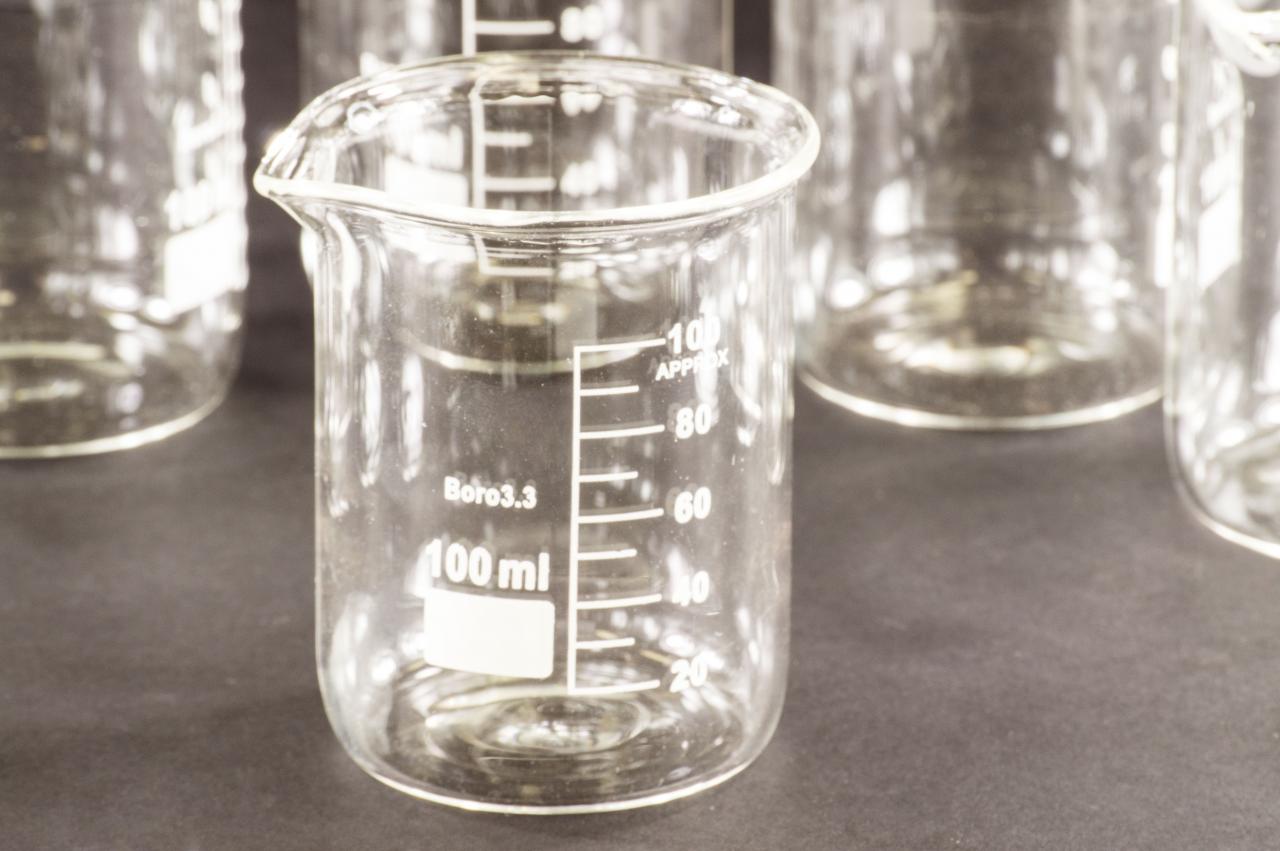
Beaker meaning delves into the world of scientific glassware, unveiling the significance of this ubiquitous laboratory tool. From its etymology to its diverse applications, this comprehensive guide unravels the multifaceted nature of beakers.
Beaker meaning encompasses not only its physical characteristics but also its crucial role in scientific experimentation. As a versatile vessel for measuring, mixing, and heating liquids, beakers have become indispensable in various scientific disciplines.
Beaker Meaning

A beaker is a laboratory glassware used for measuring, mixing, and heating liquids in scientific experiments. Its name derives from the Middle English word “bekere,” meaning a drinking vessel, and has evolved to refer to its modern scientific function.
Types of Beakers
Beakers come in various shapes, sizes, and materials to suit different experimental needs:
- Griffin Beakers:Conical shape with a spout for easy pouring, commonly used in chemistry.
- Berzelius Beakers:Cylindrical shape with a flat bottom, suitable for heating and evaporation.
- Phillips Beakers:Low form with a wide mouth, ideal for mixing and reactions that require a large surface area.
- Glass Beakers:Made from borosilicate glass, resistant to heat and chemicals, commonly used in most laboratories.
- Plastic Beakers:Disposable and lightweight, suitable for general use and non-corrosive liquids.
Functions of Beakers
Beakers serve multiple functions in scientific experiments:
- Measuring:Graduated beakers have marked volume scales for precise liquid measurement.
- Mixing:Their shape and size facilitate efficient mixing of liquids, often using a magnetic stirrer.
- Heating:Beakers made of heat-resistant materials can be heated directly over a Bunsen burner or hot plate.
Beaker Measurement and Calibration
Accurate measurements require proper beaker calibration:
- Measuring:Use a calibrated graduated cylinder to fill the beaker to the desired volume.
- Calibrating:Follow standard calibration procedures to ensure the beaker’s accuracy, especially for precise measurements.
Care and Maintenance of Beakers
Proper care extends the lifespan of beakers:
- Cleaning:Wash beakers thoroughly with soap and water, and rinse with distilled water.
- Drying:Dry beakers upside down on a rack or in an oven to prevent watermarks.
- Storage:Store beakers in a clean and dry place, avoiding contact with other glassware.
Safety Considerations
Observe safety precautions when using beakers:
- Heat Resistance:Ensure beakers are heat-resistant before heating to prevent breakage.
- Hot Liquids:Handle beakers containing hot liquids with care to avoid burns.
- Sharp Edges:Broken beakers can have sharp edges, so handle them with caution.
Applications in Various Scientific Fields
Beakers find use in various scientific disciplines:
- Chemistry:Mixing chemicals, preparing solutions, and conducting titrations.
- Biology:Culturing cells, preparing buffers, and conducting experiments.
- Physics:Measuring liquids, conducting experiments involving buoyancy and viscosity.
Concluding Remarks: Beaker Meaning
Beaker meaning extends beyond its practical applications, embodying a rich history of scientific evolution. From their humble beginnings to modern innovations, beakers have witnessed the transformative power of scientific inquiry.
As we look towards the future, beaker meaning continues to evolve, promising advancements that will redefine scientific research and experimentation.
FAQ
What is the primary function of a beaker?
Beaker meaning revolves around its primary function as a versatile container for measuring, mixing, and heating liquids in scientific experiments.
How are beakers calibrated?
Beaker meaning includes understanding their calibration, which involves comparing them to a known standard volume to ensure accurate measurements.
What are the different types of beakers?
Beaker meaning encompasses various types, including Griffin beakers, Berzelius beakers, and Florence beakers, each with specific shapes and uses.
What are the safety precautions when using beakers?
Beaker meaning also emphasizes safety, highlighting the importance of wearing protective gear, handling hot liquids with care, and disposing of chemicals properly.
What is the historical significance of beakers?
Beaker meaning traces their historical evolution, from ancient glass vessels to modern borosilicate glass designs, reflecting the advancement of scientific techniques.





